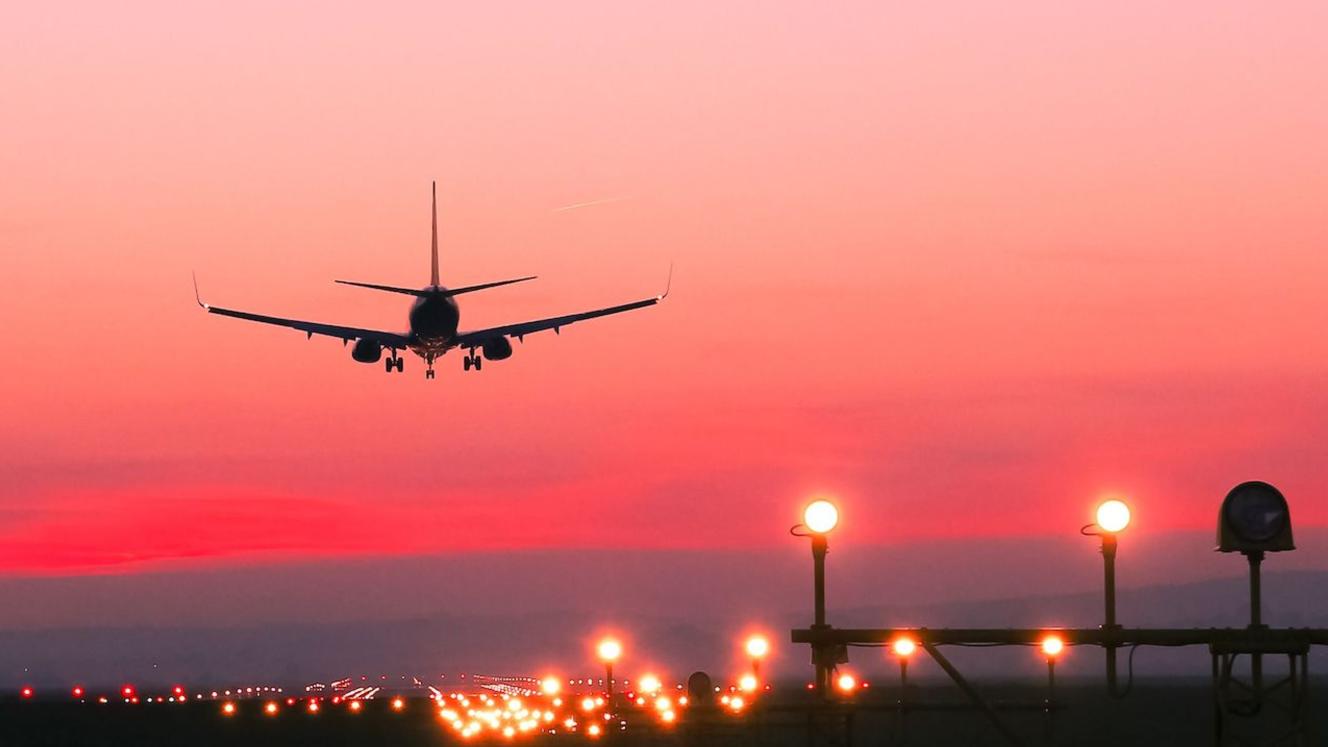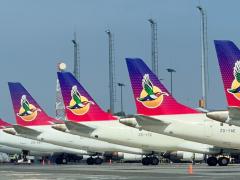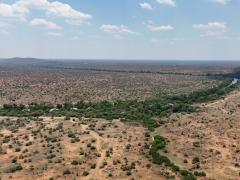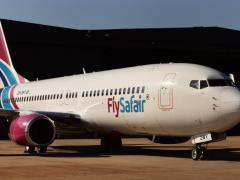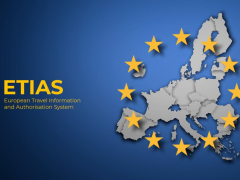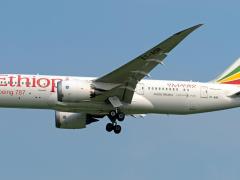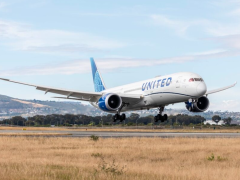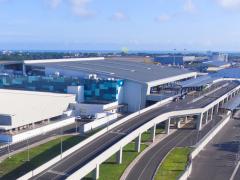The Pretoria High Court has declared it unlawful for the Air Service Licensing Council (ASLC) to impose Broad-Based Black Economic Empowerment (B-BBEE) or race-based requirements on applicants for air service licences.
According to the complainant, Sakeliga, a litigator for the business and industry chamber network, the ASLC has been denying or delaying domestic air service providers with criteria such as B-BBEE certifications and transformation undertakings since December 2023.
The High Court’s final ruling prescribed that the ASLC must issue licences as long as an applicant complied with the Air Services Licensing Act 115 of 1990 requirements on safety, residency and control and registration of aircraft. It also prohibits the ASLC from adding any race-based criteria.
“The policy and practice of the first respondent (ASLC) in including as a requirement in applications for licences in terms of the criteria set out in the B-BBEE Act is declared unlawful,” the judgement reads.
International licences also affected
Sakeliga claims that the ASLC’s counterpart for licensing of international air services, the International Air Services Council (IASC), has also been making similar demands of major international airlines and local companies engaging in international air services.
This allegedly affected airlines from the Americas, Europe, Australia, Africa, the Middle East and East Asia, causing significant diplomatic unease, said Sakeliga.
George Mothema, CEO of the Board of Airline Representatives of Southern Africa (Barsa) said: “The inclusion of B-BBEE requirements created regulatory uncertainty for all airlines. This in turn may have limited participation and reduced competitive dynamics in the market.
“A number of (Barsa) members expressed concern about unclear and inconsistently applied B-BBEE conditions, which have, in some cases, contributed to delays in the licensing process. We therefore welcome the clarity provided by the recent court ruling.”
Court demands public ASLC hearings
The court also declared unlawful the ASLC’s prohibition on the use of electronic devices during hearings and on making recordings of interactions with ASLC staff.
This part of the order followed Sakeliga’s discovery that the ASLC had allegedly prohibited applicants from recording their licensing application hearings, despite the fact that the Act stipulates that the hearings should be public.
“During and between hearings, applicants found themselves confronted with arbitrary and verbal demands regarding BEE and transformation, which often appeared nowhere on paper,” explained Sakeliga.
